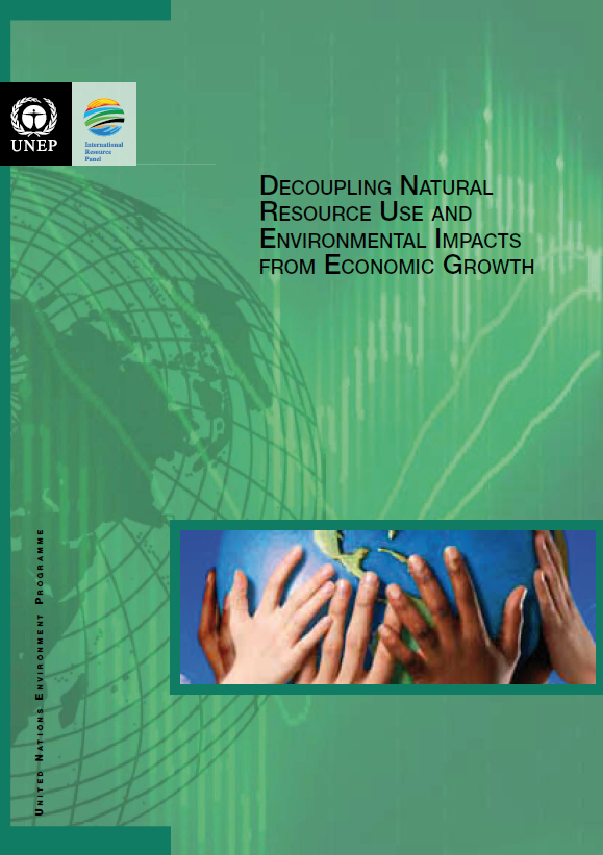Thanks, Aubrey. I am very happy to be able to support your submission.
Ashok Khosla,
Chairman, Development Alternatives,
Co-President, Club of Rome,
President, IUCN.
No More Meaningless Goals! Negative Lessons from MDGs:
- Absolutes, NOT Percentages
- More Ambitious and Bold
- For both North and South
- Define Metrics
Contraction and Convergence
Sustainable Development Goals for Rio+20
Ashok Khosla, Development Alternatives, IUCN, IRP & Club of Rome
Having reviewed the trends in the use of natural resources and accompanying undesirable environ-mental impacts in the first section of Chapter 2, the last section of that chapter considers possible future implications by presenting three brief scenarios: (1) business as usual (leading to a tripling of global annual resource extraction by 2050); (2) moderate contraction and convergence (requiring industrialized countries to reduce their per capita resource consumption by half the rate for the year 2000); and (3) tough contraction and convergence (aimed at keeping global resource extraction at its current levels). None of these scenarios will lead to actual global reductions in resource use, but all indicate that substantial reductions in the resource requirements of economic activities will be necessary if the growing world population can expect to live under conditions of sustainable resource management. The key message of the tough scenario is that despite population growth to roughly 9 billion people, the pressure on the environment would remain roughly the same as it is now. The emissions correspond approximately to the lowest range of scenario B1 of the IPCC SRES, but are still 20% above the roughly 5.5 GtC/yr advocated by the Global Commons Institute for contraction and convergence in emissions (GCI, 2003).
UNEP - Decoupling Natural Resource Use and
Environmental Impacts from Economic Growth - 2011
Dr. Ernst Ulrich von Weizsäcker, Dr. Ashok Khosla,
Co-Chairs, International Resource Panel (IRP)


